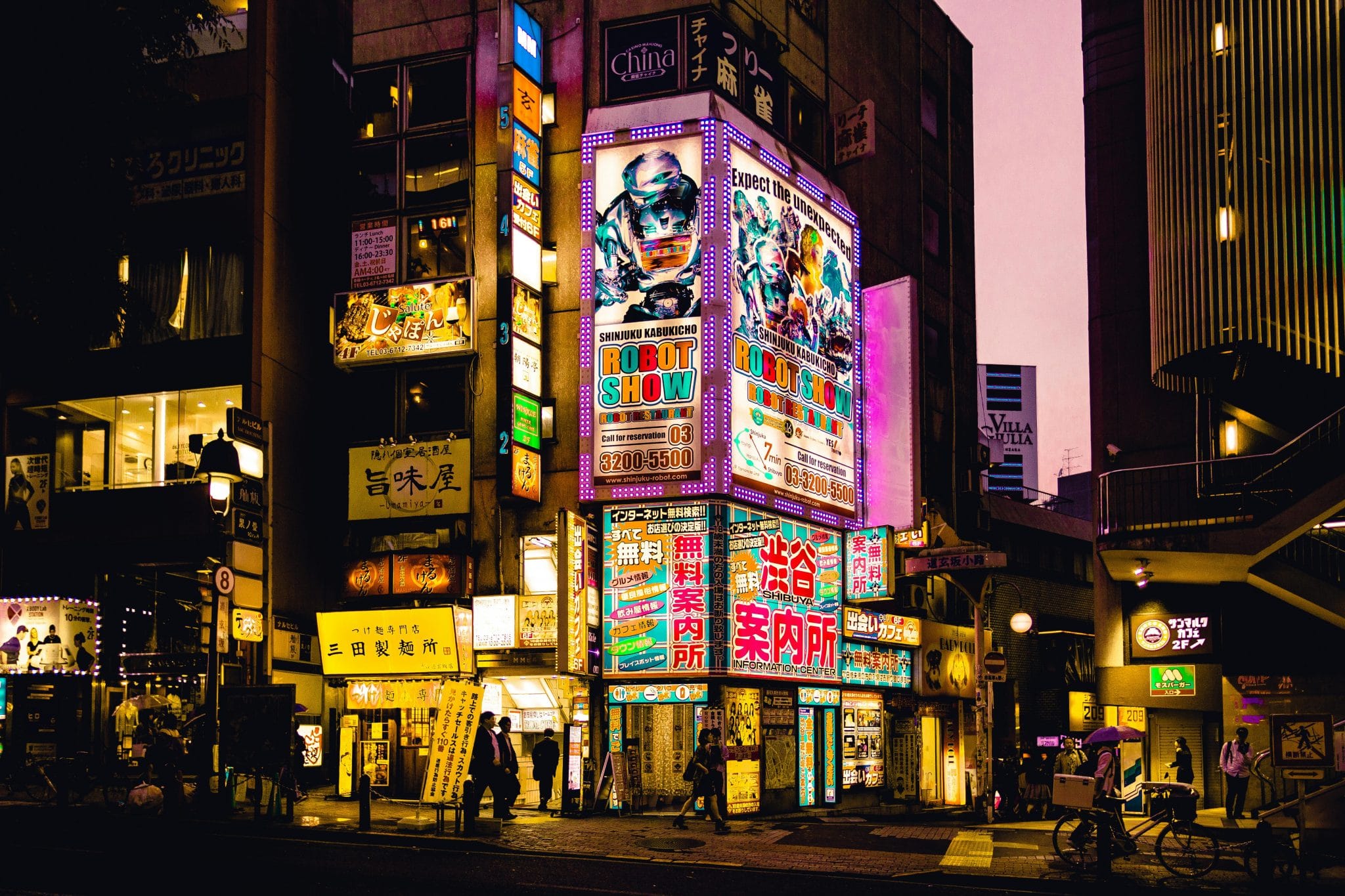Future Trends Technology Transforming Retail Experience Completely
The retail industry has undergone a significant transformation in recent years, thanks to the rapid advancement of technology. From personalized shopping experiences to seamless checkout processes, technology has completely revolutionized the way consumers interact with retailers. As we look towards the future, it is clear that technology will continue to play a key role in transforming the retail experience even further. In this article, we will explore the future trends in technology that are set to completely reshape the retail landscape. Let’s dive in!
1. Augmented Reality (AR)
Augmented Reality, or AR, has been around for quite some time, but it is only in recent years that it has made its way into the retail industry. AR allows consumers to visualize products in their own environment, using their smartphones or tablets. This not only provides a more realistic shopping experience but also helps to eliminate the guesswork associated with online purchases.
AR in Furniture Shopping
One of the main areas where AR technology is being utilized in the retail space is furniture shopping. With the help of AR apps, customers can now see how a piece of furniture would look in their own home, without having to visit a physical store. This not only saves time and effort but also reduces the likelihood of returns and customer dissatisfaction.
AR in Beauty and Fashion
In the beauty and fashion industry, AR is being used to provide virtual try-on services. Customers can now use their smartphones to try on makeup, accessories, and even clothes, before making a purchase. This not only adds an element of fun to the shopping experience but also makes it more convenient for customers to make informed purchasing decisions.
2. Artificial Intelligence (AI)
In the retail industry, data is king. And with the help of AI, retailers can gather and analyze vast amounts of data to gain insights into customer behavior, preferences, and trends. This, in turn, enables them to provide a more personalized and targeted shopping experience to their customers.
Personalized Recommendations
One of the most prominent applications of AI in retail is in personalized recommendations. By leveraging data from past purchases, browsing history, and other factors, AI algorithms can suggest products that are highly relevant to a customer’s needs and preferences. This not only improves the overall shopping experience but also increases the chances of making a sale.
Chatbots
Chatbots have become immensely popular in the retail industry, thanks to their ability to provide quick and efficient customer service. AI-powered chatbots can handle multiple customer queries simultaneously, providing 24/7 support to customers. This not only improves customer satisfaction but also helps retailers to save on overhead costs.
3. Internet of Things (IoT)
The Internet of Things, or IoT, refers to the connection of everyday objects to the internet. In the retail industry, IoT devices are being used to collect real-time data on consumer behavior, inventory levels, and store conditions, among others. This data can then be used to optimize processes and improve the overall customer experience.
Smart Shelves and Automated Checkout
With the help of IoT devices, retailers can now keep track of their inventory in real-time. Smart shelves can automatically detect when a product is running low and notify store owners to restock. IoT technology is also being used to create cashierless stores, where customers can simply pick up their items and walk out without having to wait in line for checkout.
Interactive Store Displays
Interactive store displays, powered by IoT technology, are also becoming increasingly popular in retail stores. These displays allow customers to interact with products and obtain more information about them. This not only provides a more engaging shopping experience but also helps to influence purchase decisions.
4. Mobile Payments
Mobile devices have become an essential part of our daily lives, and this trend is not going away anytime soon. This has led to the rise of mobile payments in the retail industry. With mobile wallets and contactless payment options, customers can now make purchases quickly and securely, without having to handle cash or cards.
Scan and Go Technology
Scan and go technology allows customers to scan and pay for their items using their mobile devices, without having to wait in line at the checkout counter. This not only speeds up the shopping process but also minimizes contact, making it an ideal option in the current scenario where health and safety are a top priority.
Virtual Wallets
Virtual wallets, such as Apple Pay and Google Pay, are also gaining traction in the retail industry. These wallets enable customers to pay for their purchases with a single tap, making the checkout process quick and hassle-free. This also eliminates the need for customers to carry physical wallets or cards, making it a convenient and secure payment option.
Conclusion
The retail industry is on the brink of a technology-driven transformation that is set to completely change the way we shop. From AR and AI to IoT and mobile payments, the future of retail is all about providing a seamless and personalized shopping experience to customers. As retailers continue to embrace these technologies, it is safe to say that the retail experience will continue to evolve and improve, making it more convenient and enjoyable for customers.










